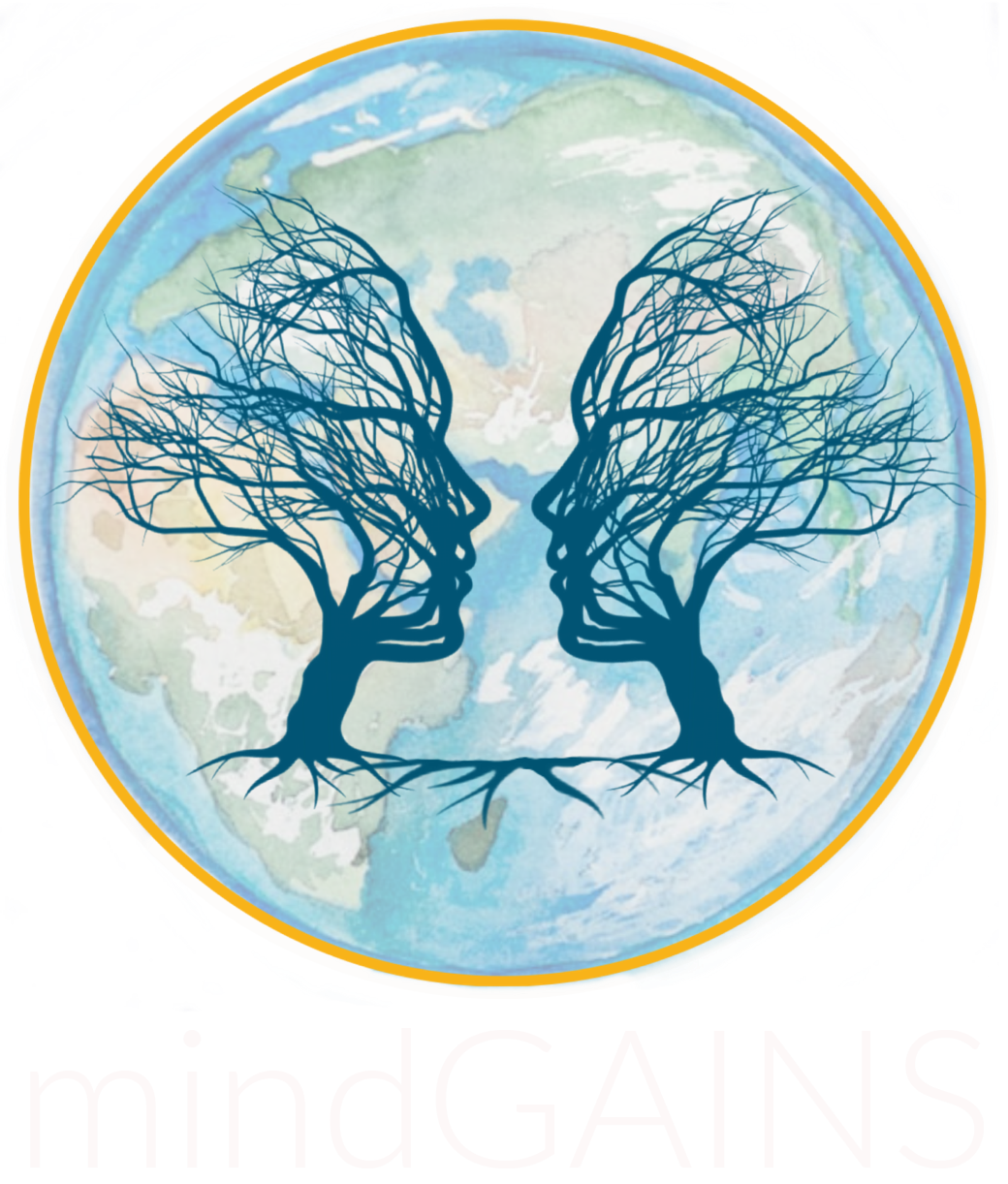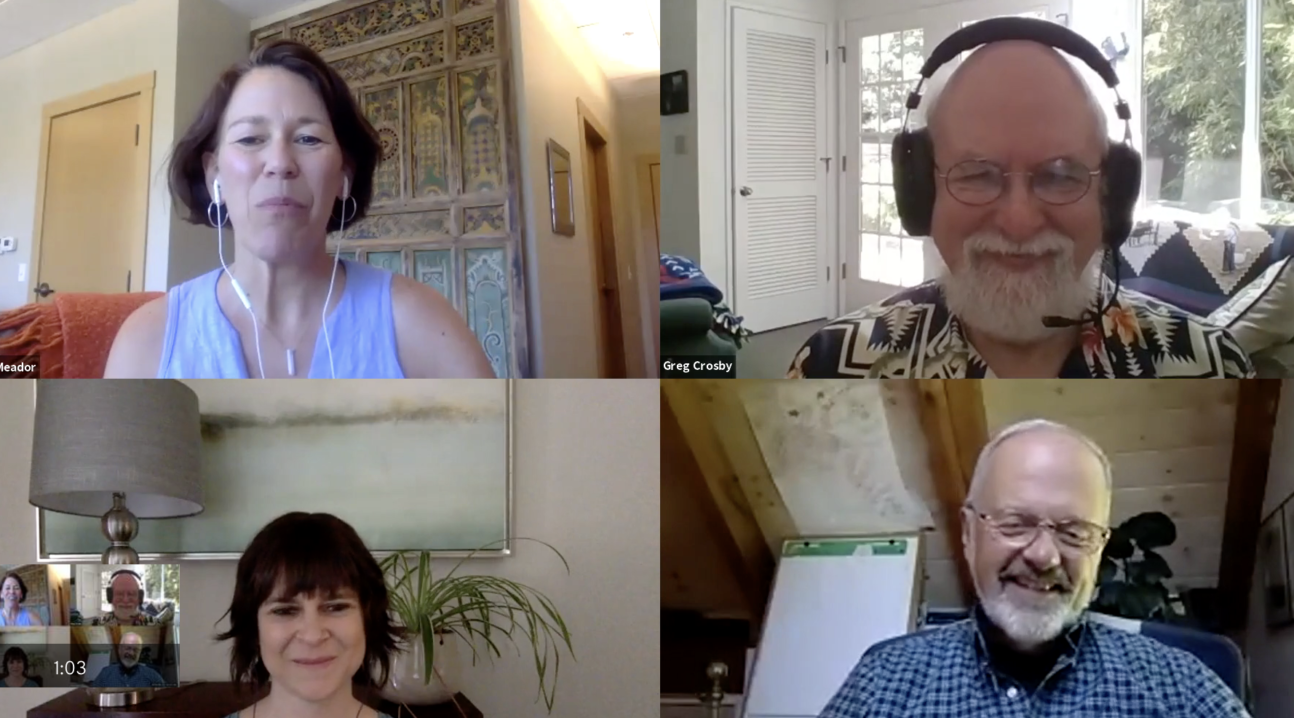Interpersonal Neurobiology and Adult ADHD.
This online seminar will examine the Interpersonal Neurobiology of Adult ADHD. Content will delineate what ADHD is and what it is not along with an anthropological/IPNB perspective of ADHD. The presentation will explore how the right hemisphere and learning core behavioral skills are interconnected in effective treatment of ADHD. Through the use of case studies we will explain how a theory of multiple intelligences can help in the treatment of ADHD.
Greg Crosby, M.A., LPC, CGP, FAGPA, is a trainer locally, nationally and internationally for Mental Health and Addiction Counselors and Therapists. He has conducted trainings in community mental health, education settings, managed care organizations, residential treatment, retirement homes, drug and alcohol settings, Actors Fund of America, Lawyers associations, jails/prisons and psychiatric hospitals.
He has a private practice in Portland, Oregon where he focuses on supervision, Adult ADHD, and life transitions. Greg has several articles and manuals about group therapy and is in the 2012 Wiley textbook Handbook of Group Psychotherapy edited by Klineberg on psycho-educational groups for depression and anxiety. His new co-authored book with Tonya Lippert is Transforming ADHD: Simple, Effective Skills to Help You Focus and Succeed. It was published in January 2017. He taught in the Art Therapy Counseling, Psychology, and Interdisciplinary Studies Program at Marylhurst University since 1981 and is teaching in the Trauma Certificate and Human Services Programs at Portland State University and Lewis and Clark Art Therapy Program. He was the Clinical Regional Coordinator of Group Therapy at Kaiser Permanente in Oregon and Washington for 25 years and is a Fellow in the Group Psychotherapy Association. Greg is on the International Board of Certified group Psychotherapists. He has taught in graduate and undergraduate programs for over 30 years and currently trains therapists in China and Egypt.
A leader in developing group therapy programs and integrating individual and group therapy approaches to improve effectiveness, Greg brings a holistic view of change that is practical, engaging and easy to adapt into a wide variety of settings.

